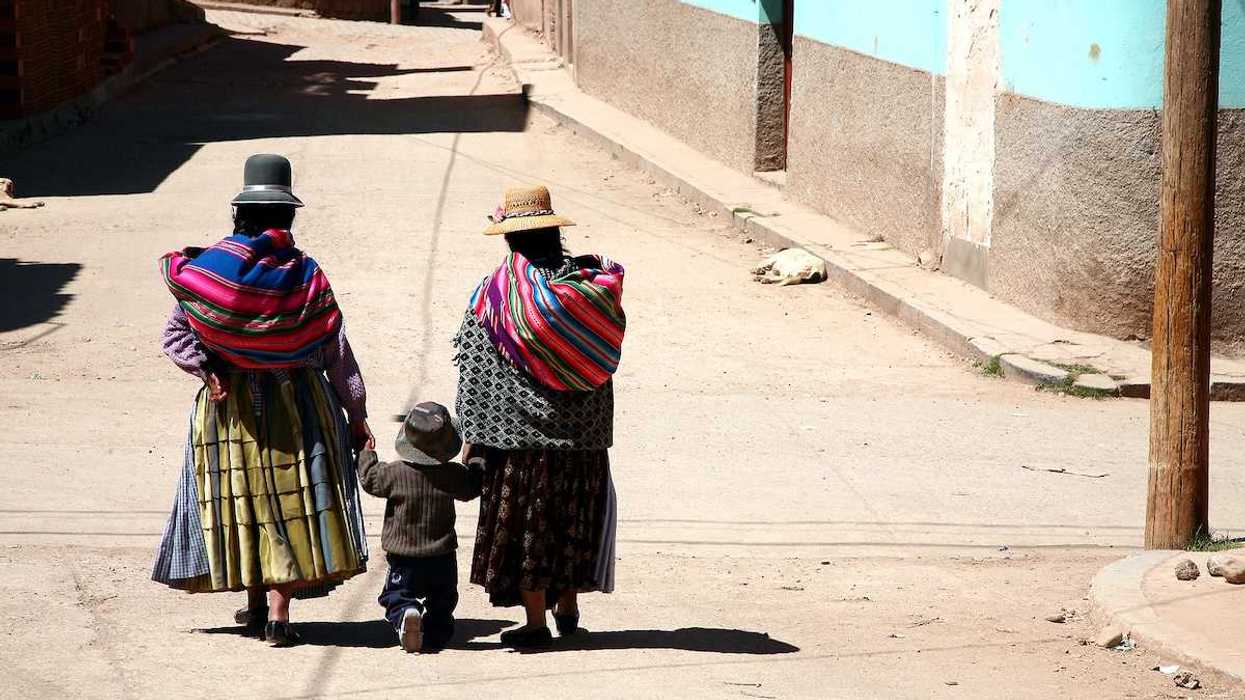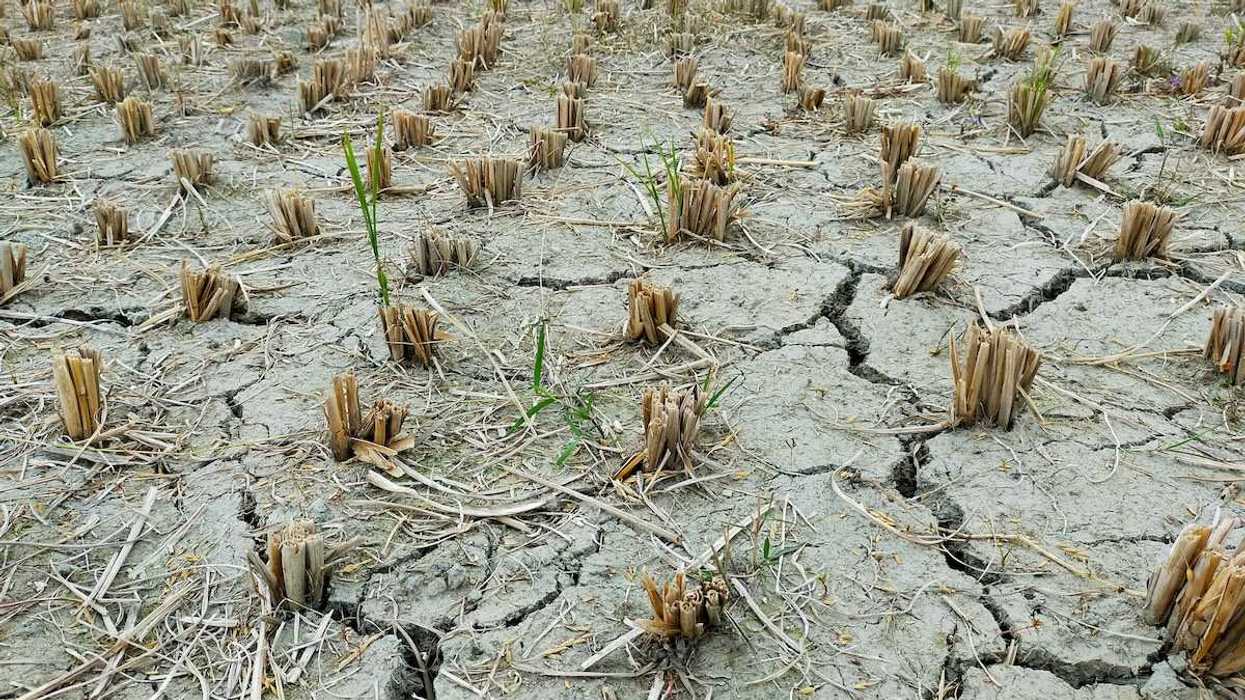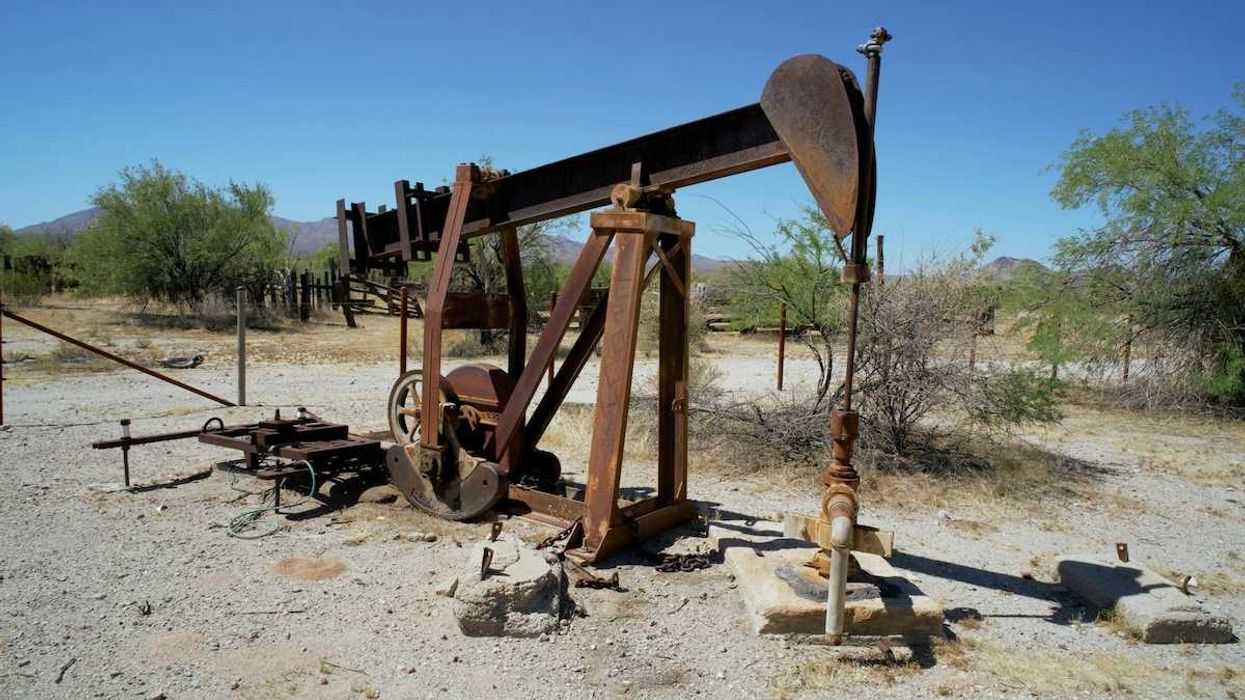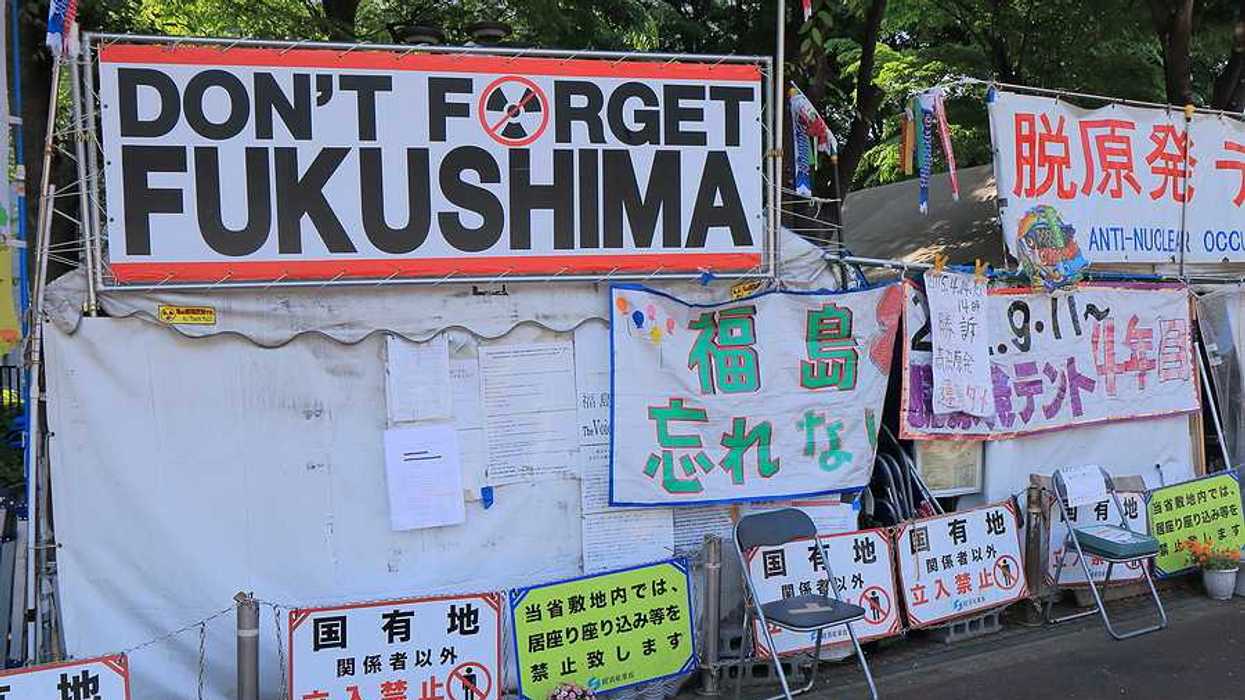Central Maine farmers have been crucial in creating a state program to combat PFAS contamination, helping numerous farms remain operational.
Dylan Tusinski reports for the Morning Sentinel.
In short:
- Jim Buckle of The Buckle Farm in Unity discovered severe PFAS contamination in his farm's water in 2022, prompting an immediate shutdown.
- With help from the Maine Organic Farmers and Gardeners Association's PFAS Emergency Relief fund, Buckle and other farmers received financial and infrastructural support.
- The state’s PFAS fund, modeled after MOFGA’s program, now supports testing, remediation, and mental health services for farmers, helping most affected farms continue operations.
Key quote:
“It’s a crushing blow to find out that you have some sort of PFAS contamination on your farm.”
— Jim Buckle, The Buckle Farm
Why this matters:
For farms, PFAS contamination can occur through several pathways: contaminated water sources, biosolids used as fertilizers, or proximity to industrial sites that use PFAS. Once these chemicals enter the agricultural ecosystem, they can accumulate in soil, water, and crops, eventually making their way into the food chain. This not only poses a risk to human health but also to the overall integrity of the farm's produce.














